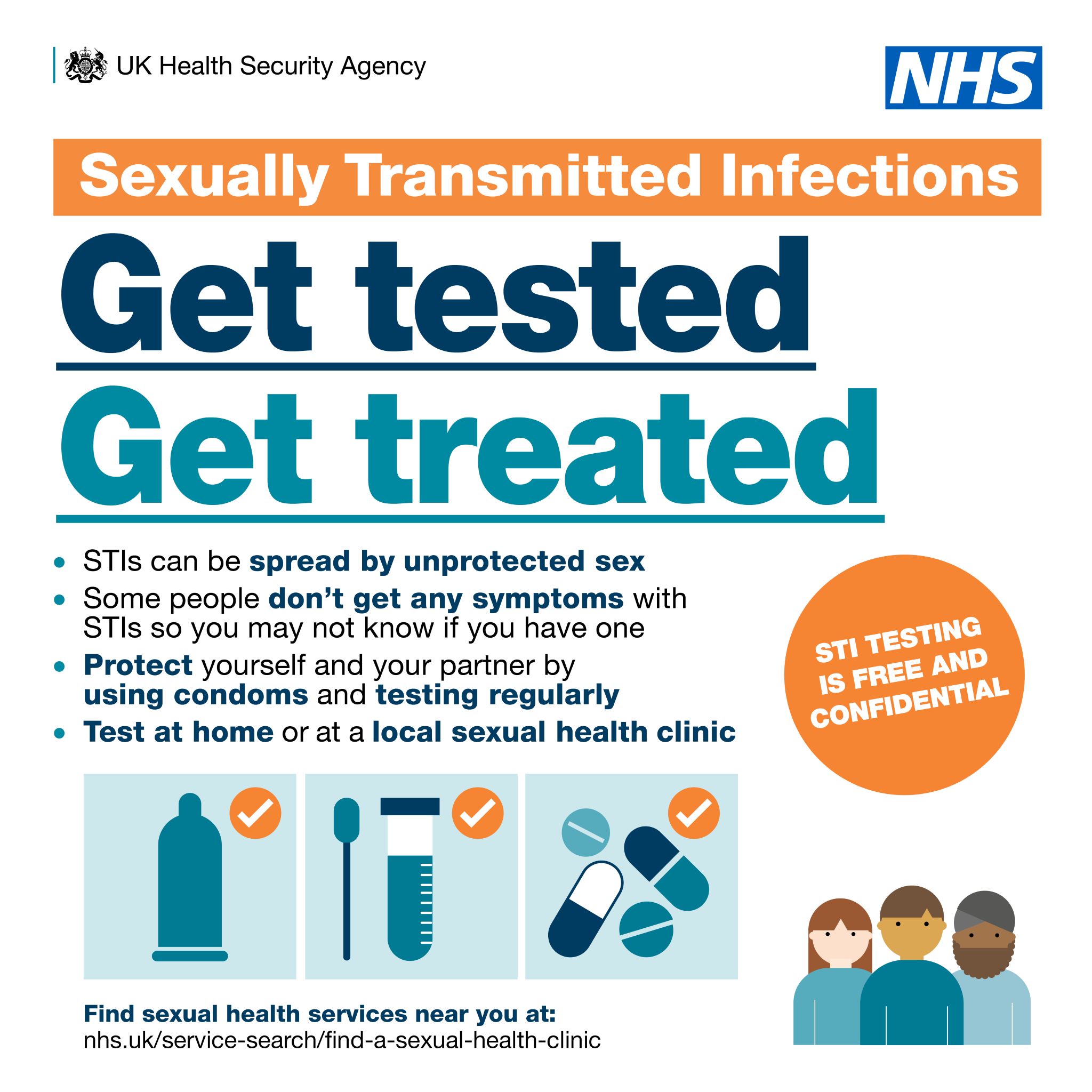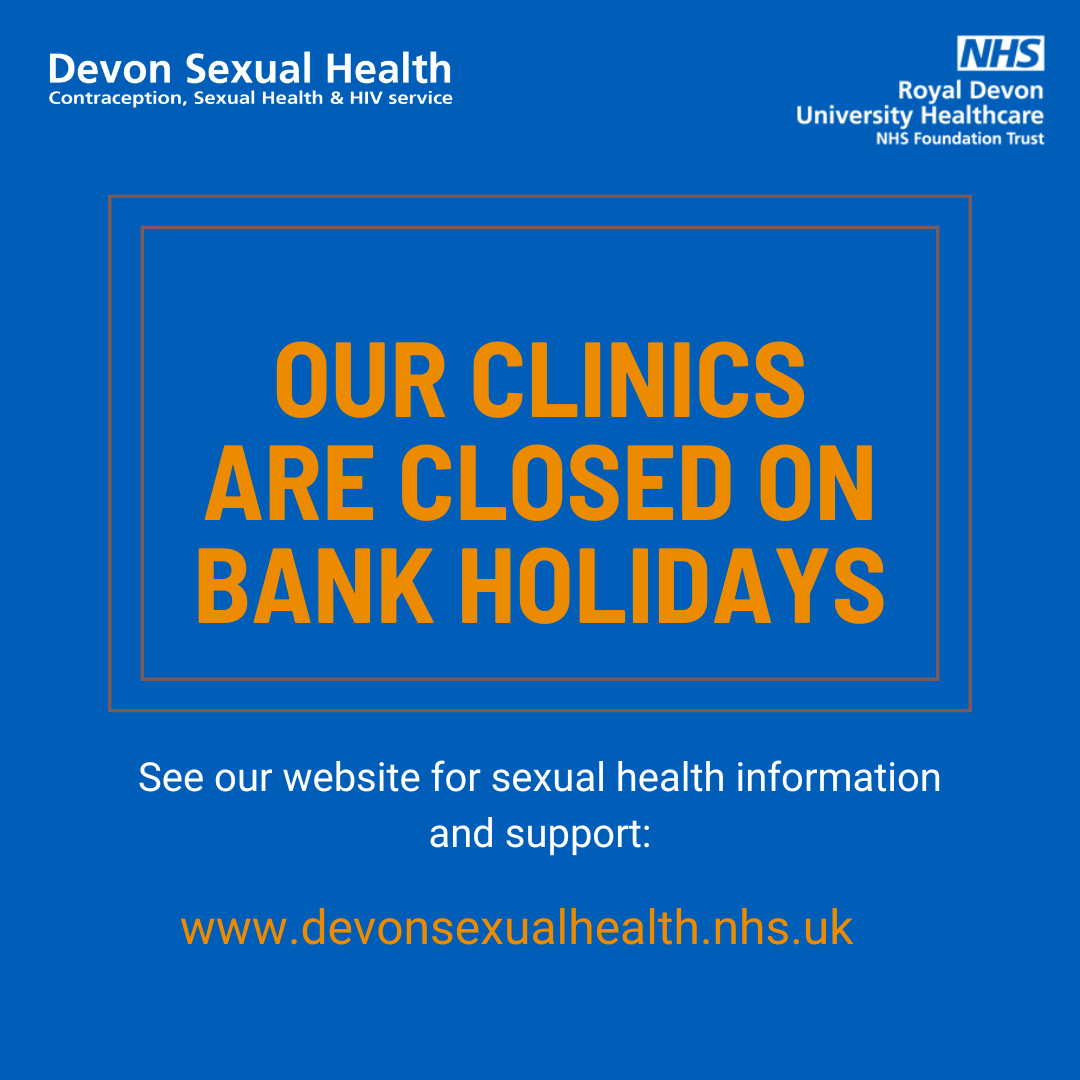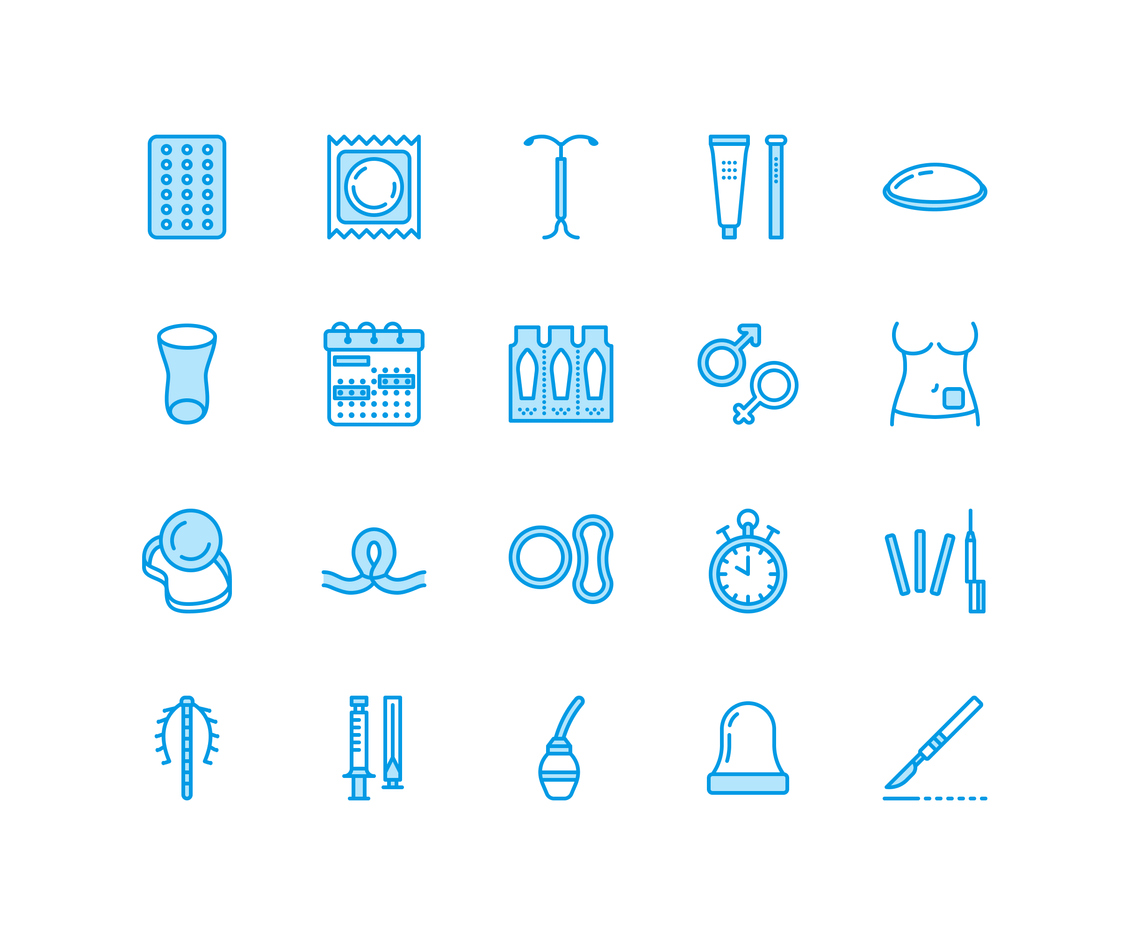Contraception
Contraception helps to prevent unwanted pregnancy and there's no shortage of choice with several options available. Our team can help to discuss your contraception choices with you, and where you can access them. Take a look through the information here to help decide what's the best one for you.
Progestogen-only pill (POP)
99% effective – if used perfectly
Can cause temporary side effects
Combined contraceptive pill
99% effective – if used perfectly
Can cause temporary side effects
Copper IUD (Cu-IUD)
99% effective
Lasts 5-10 years
No hormones
Doesn’t prevent STIs
Hormonal coil (LNG-IUD or IUS)
- It lasts for 3-8 years and will lighten or stop your periods.
- It is over 99% effective
- You can’t forget to take it and it does not interfere with sex.
- It may make your periods lighter.
Emergency contraception
‘Morning after’ pill
IUD
3 – 5 days after sex
Contraceptive patch
99% effective
Easy to use
Doesn’t protect against STIs
Injections
99% effective
Can lighten periods
Can be used when breastfeeding
Doesn’t protect against STIs
Vaginal ring
99% effective
Easy to put in and take out
Makes periods less heavy
Doesn’t protect against STIs
Condoms
Protect against STIs
No side effects
Available free of charge
Diaphragms
Less effective
No side-effects
Does not protect against STIs
Sterilisation
99% effective
Permanent
Doesn’t affect hormones
Hormonal coils (LNG-IUDs) - use for non-contraception
Contraception aged over 40
Contraceptive implant
99% effective
Lasts for 3 years
Uses the hormone progestogen
Contraception - Easy read
Natural family planning
Complicated
Unreliable
Doesn’t protect against STIs
Contraception can help to prevent pregnancy and some sexually transmitted infections (STIs). There are lots of types of contraception to choose from depending on the type of person you are, your lifestyle and the type of sex you are having. Barrier methods of contraception such as the condom or the diaphragm work by stopping sperm from reaching an egg. Condoms are also the most effective way of preventing STIs. Long acting reversible contraception (LARC) such as the contraceptive implant, the hormonal IUS (Intra-uterine System) or the contraceptive injection work by altering hormone levels in a woman’s body so that they don’t get pregnant. This type of contraceptive means that you don’t have to remember to take it on a regular basis. The pill is another very common type of contraception and can have the added benefit of reducing period pain.
You can find out more about your contraception options here: https://www.contraceptionchoices.org/
If you have very recently had unprotected sex or if the condom broke and you are worried about pregnancy then emergency contraception such as the ‘morning after pill’ (emergency hormonal contraception) or the copper coil are available from our clinics and some pharmacies.
If you regularly change partners or are a man who has sex with another man then we would recommend that you use condoms every time you have sex. If you are at the start or end of a relationship of any kind or if you have not been tested for STIs then we would recommend that you also use condoms.
We have tried to include as much information about the different types of contraception in this section as possible but it can seem very confusing especially if it is your first time. Don’t worry, we’re here to help and would be very happy to talk to you about what your options are and what will work best for you. Click here to find out how to contact us.

Rise in HIV diagnoses steepest among heterosexual men and women
The latest HIV surveillance data for 2023, published by the UK Health Security Agency (UKHSA) today, show that the number […]

Mpox- what you need to know
The UK Health Security Agency (UKSHA) has released important information on mpox (formerly known as monkeypox) including an announcement that […]

Bank Holiday information
All Devon Sexual Health clinics will be closed on Monday 26 August for the Bank Holiday. When our clinics are […]

